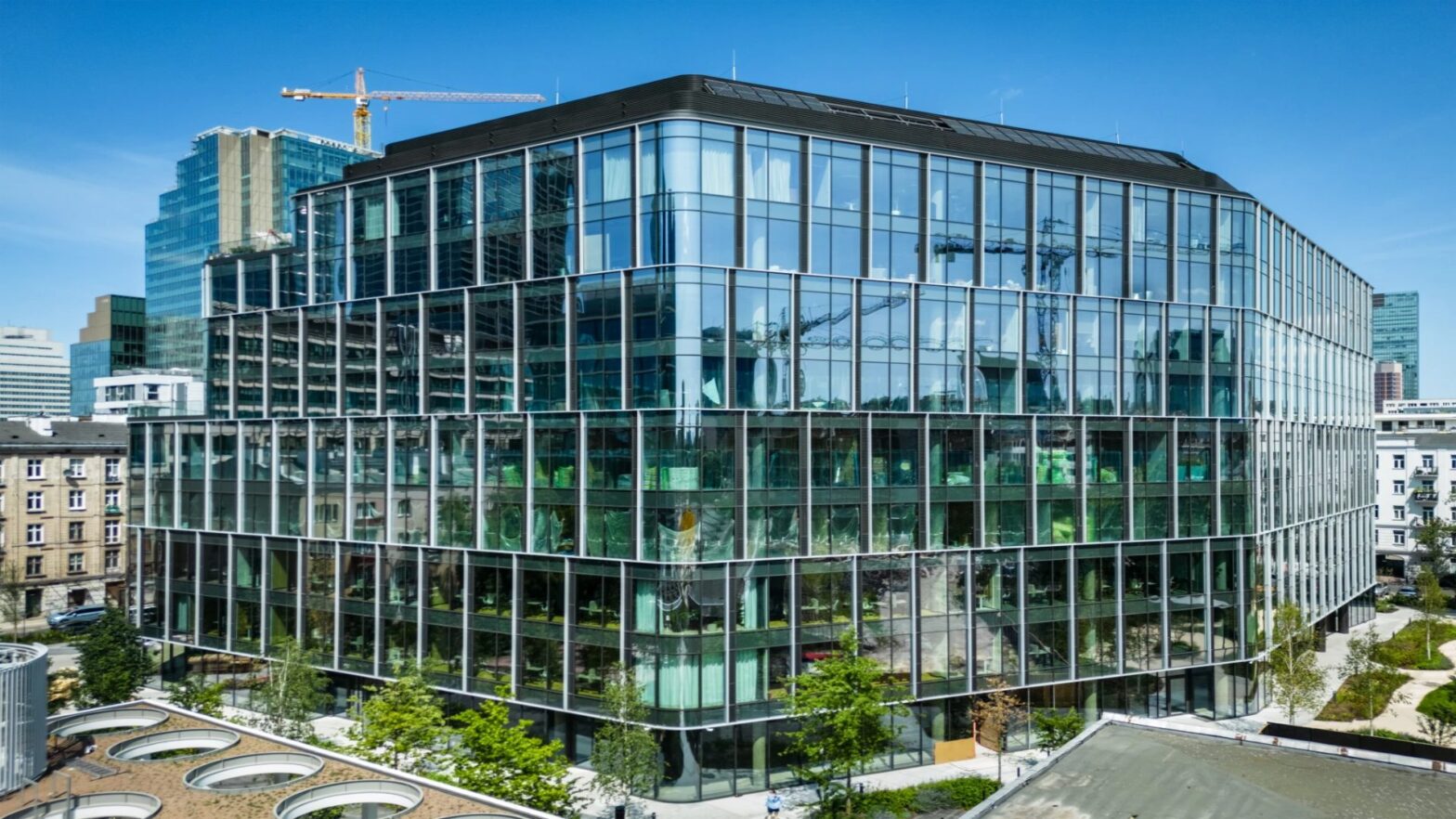Beyond the Legacy: Why Housing Associations Are Embracing New Management Systems
It’s a critical time for housing associations, and the need to evolve their technological backbone is becoming undeniable. The days of making do with outdated, clunky systems are rapidly drawing to a close. More and more housing associations are recognising that upgrading their old legacy systems for new Housing Management Systems (HMS) isn’t just an option – it’s a strategic imperative for survival and growth in a challenging landscape.
So, what’s driving this significant shift? Let’s explore the compelling reasons behind the move to modern HMS.
The Cracks in the Legacy Foundation: Why Old Systems Fail
Many housing associations have relied on systems designed decades ago, often built for a very different operational environment. These legacy systems, while perhaps familiar, come with a host of inherent problems:
- Siloed Data and Disconnected Processes: Old systems often create isolated pockets of information. Tenant data might be separate from repairs data, which is separate from finance. This leads to manual data entry, inconsistencies, and a lack of a “single source of truth.” Staff spend hours trying to piece together information, leading to inefficiencies and frustration.
- Inflexible and Difficult to Adapt: The housing sector is constantly evolving with new regulations (like Awaab’s Law and stricter compliance requirements from the Ombudsman), changing tenant expectations, and evolving business needs. Legacy systems are notoriously rigid, making it difficult, expensive, or even impossible to adapt to these changes.
- High Maintenance Costs and Technical Debt: Keeping outdated systems running often requires specialist knowledge and costly, infrequent updates. This “technical debt” consumes valuable IT resources that could otherwise be invested in innovation. When things go wrong, finding support or fixes can be a nightmare.
- Poor User Experience (for Staff and Residents): Clunky interfaces, slow performance, and reliance on manual workarounds frustrate staff, impacting productivity and morale. For residents, it means fragmented services, difficulty getting information, and a lack of the seamless digital experiences they’ve come to expect from other sectors.
- Security Vulnerabilities: Older systems often lack the latest security features and are more susceptible to cyber threats. Given the sensitive personal data housing associations hold, this poses a significant risk of data breaches, reputational damage, and regulatory fines.
- Lack of Real-time Insights and Reporting: Without integrated data and modern analytics capabilities, housing associations struggle to generate timely, accurate reports. This hinders data-driven decision-making, making it difficult to identify trends, forecast needs, and strategically manage properties and services.
The Promise of Modern Housing Management Systems
In stark contrast, modern HMS offer a transformative solution to these challenges, providing a foundation for efficiency, compliance, and enhanced service delivery:
- Centralised, Integrated Data: New HMS are built around a unified database, providing a single, comprehensive view of tenants, properties, repairs, finances, and more. This eliminates silos, reduces data duplication, and ensures everyone works from accurate, up-to-date information.
- Agility and Scalability: Modern systems, often cloud-based, are designed to be flexible and scalable. They can quickly adapt to new regulations, integrate with other technologies (like IoT for predictive maintenance or AI for tenant engagement), and scale up or down as the association’s needs change, without major re-investments in infrastructure.
- Enhanced Resident Experience: Digital self-service portals, mobile apps, and automated communication features empower residents to manage their tenancy, report repairs, make payments, and access information 24/7. This improves satisfaction and reduces the burden on contact centres, allowing staff to focus on more complex or vulnerable cases.
- Improved Operational Efficiency and Automation: By automating routine tasks – from rent collection reminders to repairs scheduling and compliance checks – modern HMS free up staff time, reduce manual errors, and accelerate processes. This leads to significant cost savings and improved productivity across all departments.
- Robust Security and Compliance: Built with modern cybersecurity protocols, new systems offer enhanced protection for sensitive data. They also often include built-in compliance features, making it easier to track regulatory requirements, generate audit trails, and ensure adherence to standards like those from the Social Housing Regulation Act.
- Data-Driven Decision Making: With all data in one place, modern HMS leverage powerful analytics and reporting tools. Housing associations can gain deep insights into property performance, tenant demographics, arrears patterns, and maintenance trends, enabling proactive planning, better resource allocation, and more informed strategic decisions.
- Increased Staff Productivity and Morale: By streamlining workflows, providing intuitive interfaces, and reducing frustrating manual tasks, modern systems empower staff to work more efficiently and effectively. This leads to higher job satisfaction and better retention rates.
The Strategic Imperative
The decision to upgrade a legacy system is significant, but the increasing pressures from regulatory bodies, rising tenant expectations, and the ongoing need for efficiency mean that doing nothing is no longer a viable option. Housing associations are recognising that a modern HMS isn’t just an IT project; it’s a fundamental business transformation that underpins their ability to provide high-quality, sustainable homes and services for their communities, both now and in the future.





























